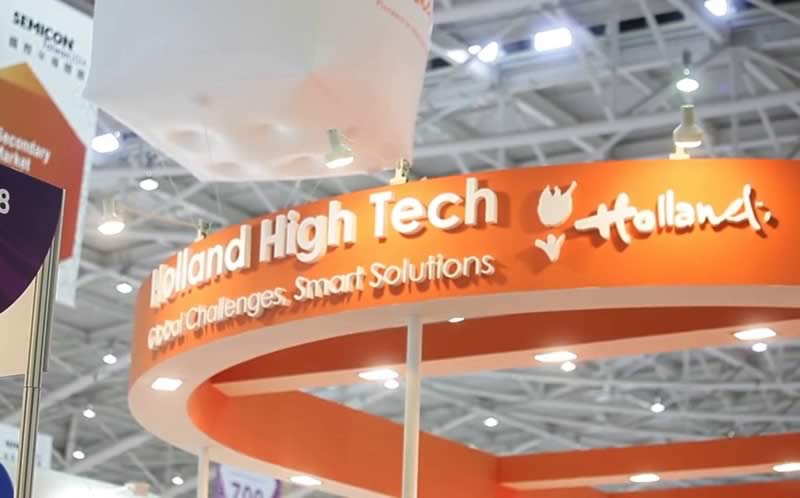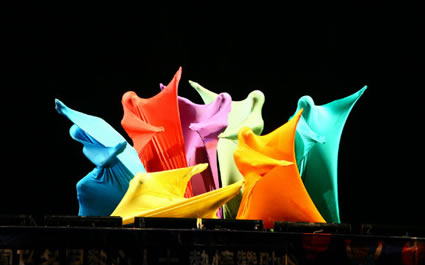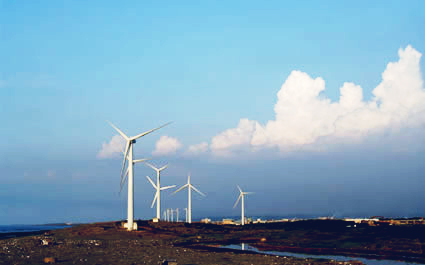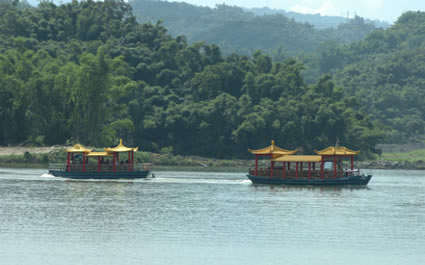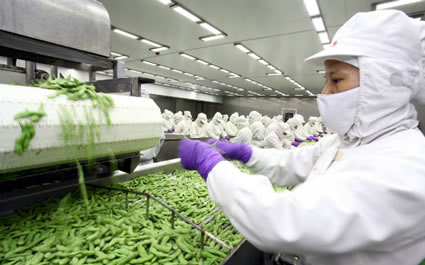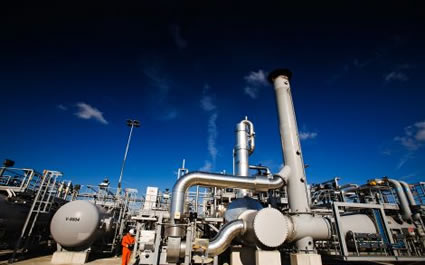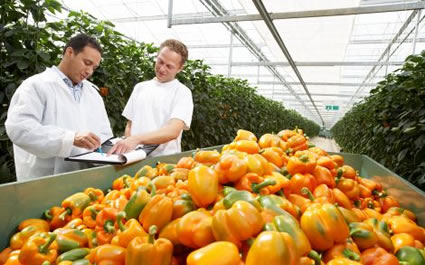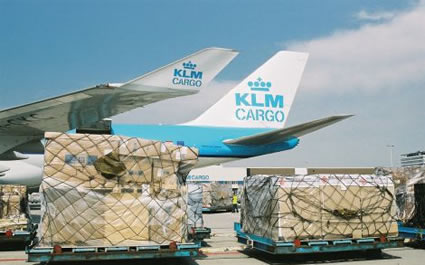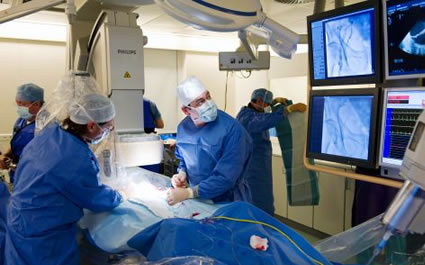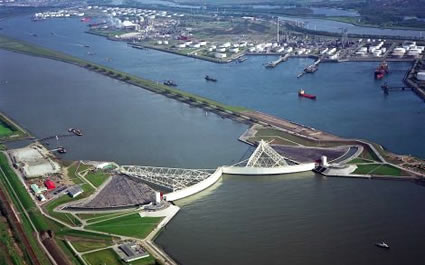Taiwan is about the same size as the Netherlands, with a slightly bigger population (around 23 million citizens), and is, like the Netherlands, an export-driven economy. Another similarity between Taiwan and the Netherlands is that over 80% of both economies consist of small and medium-sized companies of which the majority consists of services.
As one of the “Asian tigers,” together with Singapore, Hong Kong, and South Korea, Taiwan successfully underwent the change from an agricultural-based economy, to a manufacturing-driven economy, to a developed ICT hub.
The island maintains strong ties with the international business community, and is an open economy, where about 40% of all consumer products are imported. Taiwan has been a member of the WTO since 2001, and is the world’s leading supplier of computer chips, responsible for the production of about 90% of the world’s computer chips.
Taiwan welcomes international trade, and receives high rankings from the World Bank for its “Ease of Doing Business” because of its strong legal environment with protection of Intellectual Property Rights, highly-educated human capital, and good business facilities.
As a medium-sized, easily accessible market, Taiwan has high levels of disposable income. Due to the similar cultural and linguistic background with mainland China, Taiwan is also the biggest investor in mainland China.
Taiwan has seven major cities; Taipei is the main commercial, political and cultural center. Kaohsiung is a bustling industrial city with the biggest port in Taiwan. Taichung, located in the middle of Taiwan, is known as the bicycle capital of the world. The city of Hsinchu is Taiwan’s high-tech and IT hub with the highest GDP growth in recent years. Tainan, the former capital, is noteworthy in terms of its historical links with the Netherlands, its traditional prowess in agriculture, and developing ICT industry.
